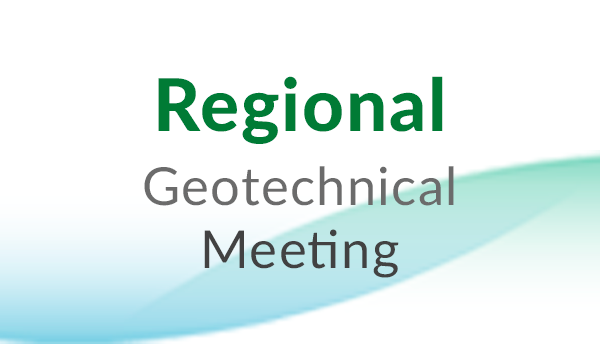
12th Oct 2021 18:00 hours
Online event
This will be an online meeting via Microsoft Teams. The link will be provided at the bottom of the page
Gypsum is a useful raw material for wall plaster and plasterboard, but in its natural state it is a highly soluble (karstic) rock that can cause catastrophic geological hazards. Gypsum dissolution is very rapid and a block about 3m cubed that fell into the River Ure dissolved in about 18 months. Underground gypsum dissolves to form buried karstic cave systems that undergo partial collapse resulting in sinkholes.
In the UK an area 3-4 km wide of Permian strata extending from Darlington through Ripon to north of Doncaster is particularly susceptible to these problems. Other areas with Permian or Triassic gypsum in the UK are also problematic. Natural groundwater flows dissolve the gypsum resulting in sulphate-groundwater and springs. The results of natural and induced gypsum dissolution can result in subsidence and sinkholes that can collapse properties, destroy dams and disrupt infrastructure. Gypsum is CaSO4.2H2O, while anhydrite is the anhydrous form CaSO4. The natural or induced hydration of anhydrite to gypsum is accompanied by considerable expansion that can cause engineering problems for schemes such as tunnels and ground source heat pumps. To understand the geology, sinkhole and subsidence features can be physically mapped, investigated by remote sensing (of which Lidar and air photography are particularly useful), boreholes and near surface geophysics.
Dr Cooper has a BSc and PhD from Sheffield University followed by 38 years at the British Geological Survey, as a geological surveyor, team leader for shallow geohazards and risks, and regional geologist for Yorkshire. Since 2014 he has been Honorary Research Associate at the BGS and an independent consultant. As a consultant he has advised on gypsum geohazards related to buildings, railways, power generation stations and an offshore wind farm.